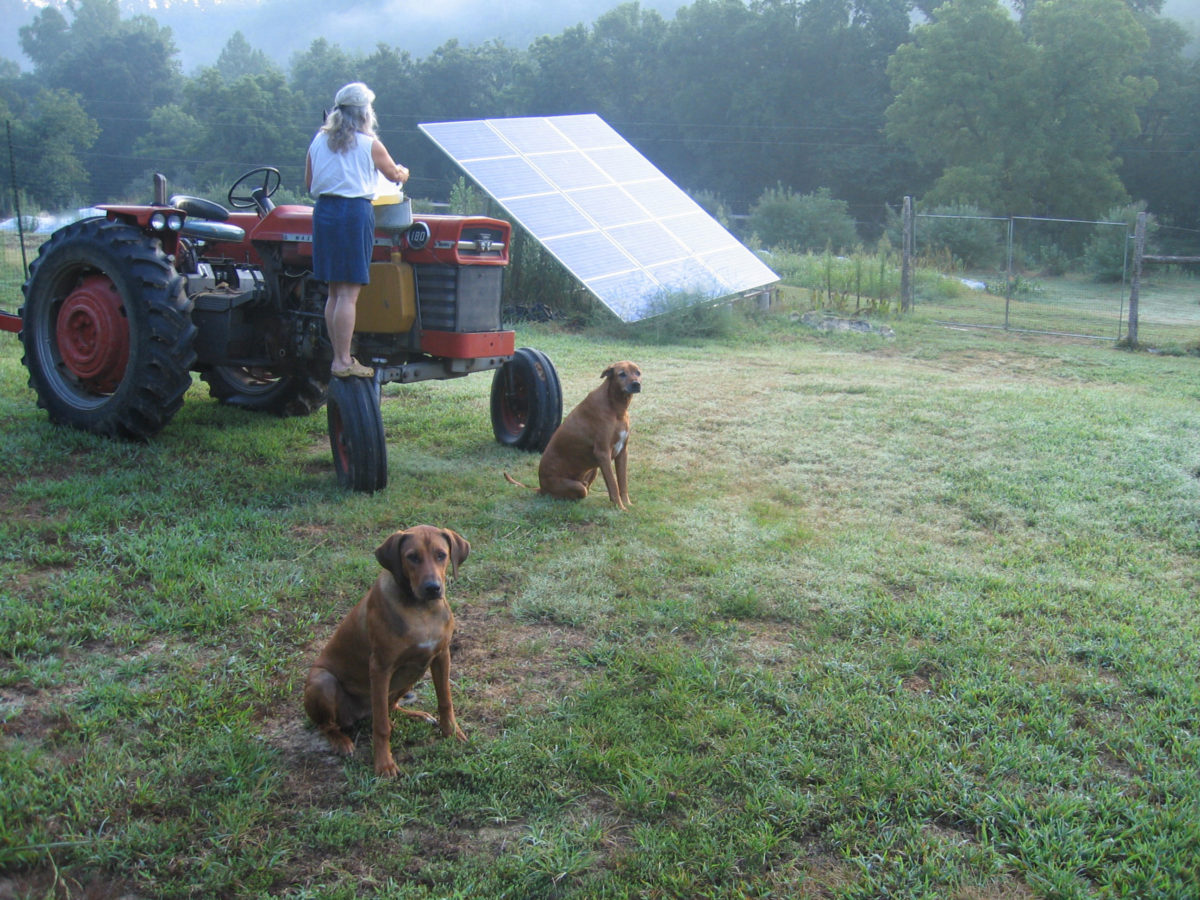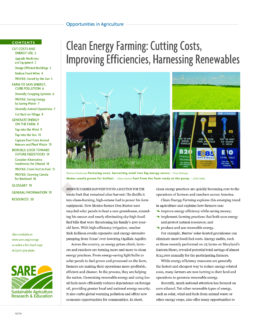Farmers and ranchers have a key role to play in creating an energy future for the nation that is profitable, a force for excellent land and water stewardship, and provides communities with new economic opportunities. But where to begin?

- Start simply and carefully: Conduct an energy audit and consider implementing efficiency measures such as energy-efficient light bulbs, machinery upgrades and green building design.
- Determine your fuel use and demands, and look for ways to cut back.
- Consider farming practices that conserve and build soil, save water and curb the release of greenhouse gases.
- Assess your natural energy resources: Do you have wind? Sun? Suitable land for biomass? Adequate manure reserves for biogas production?
- Take stock of your financial resources: Can you comfortably experiment?
- Talk to others about their clean energy practices.
- See Getting Started for more information.
